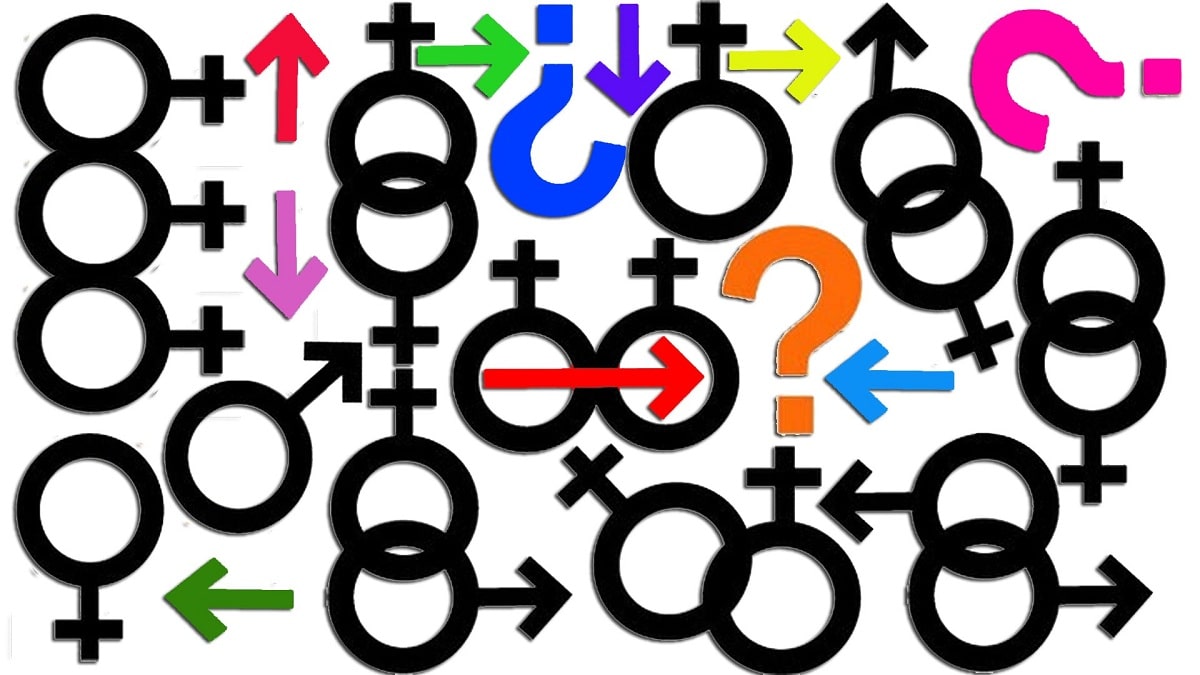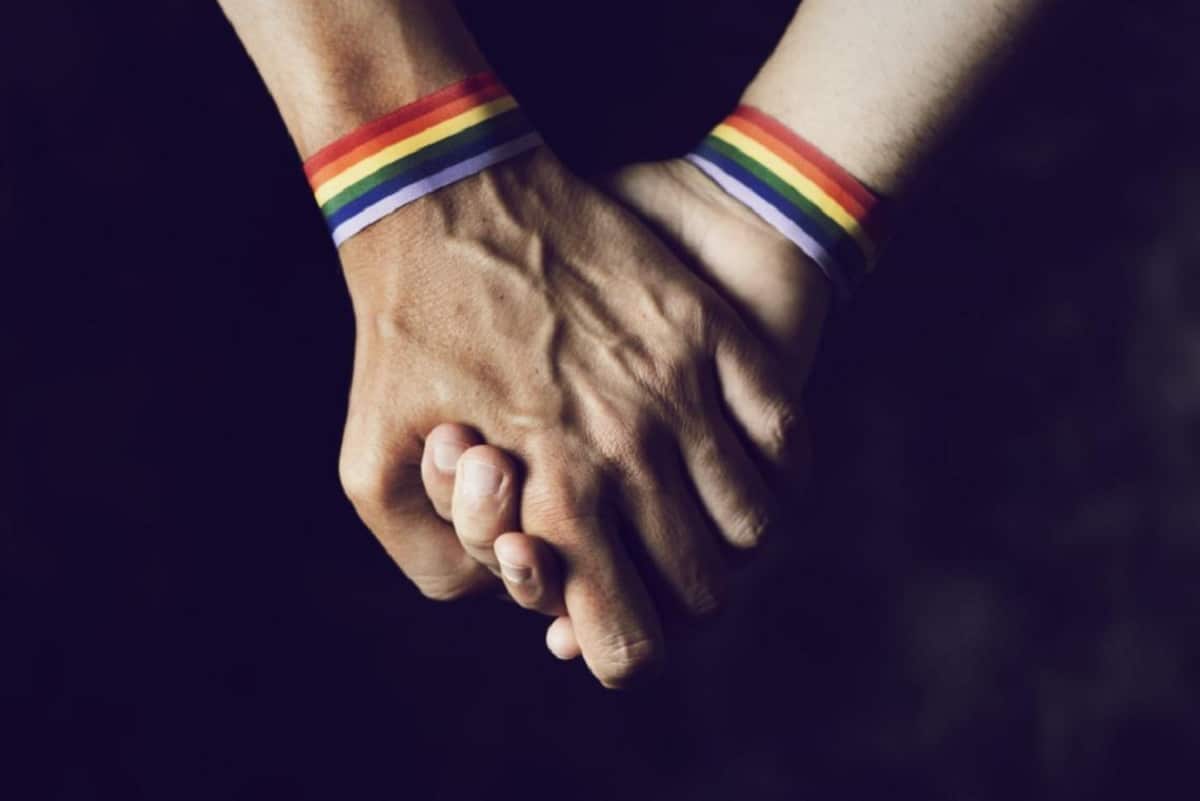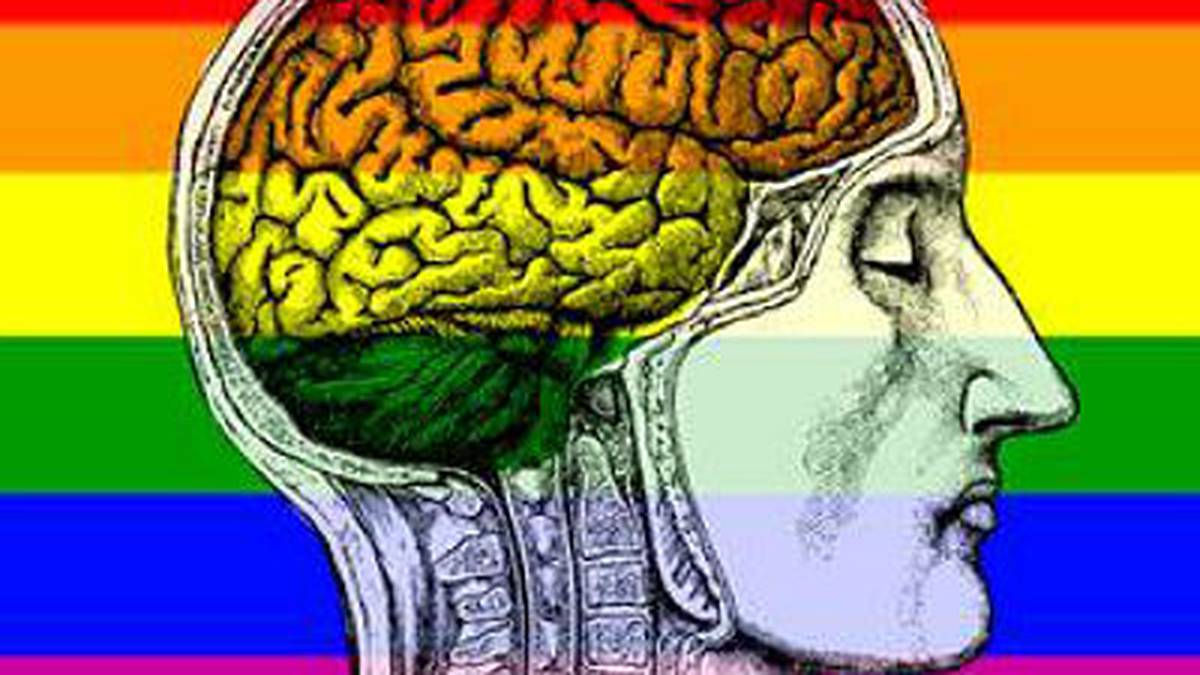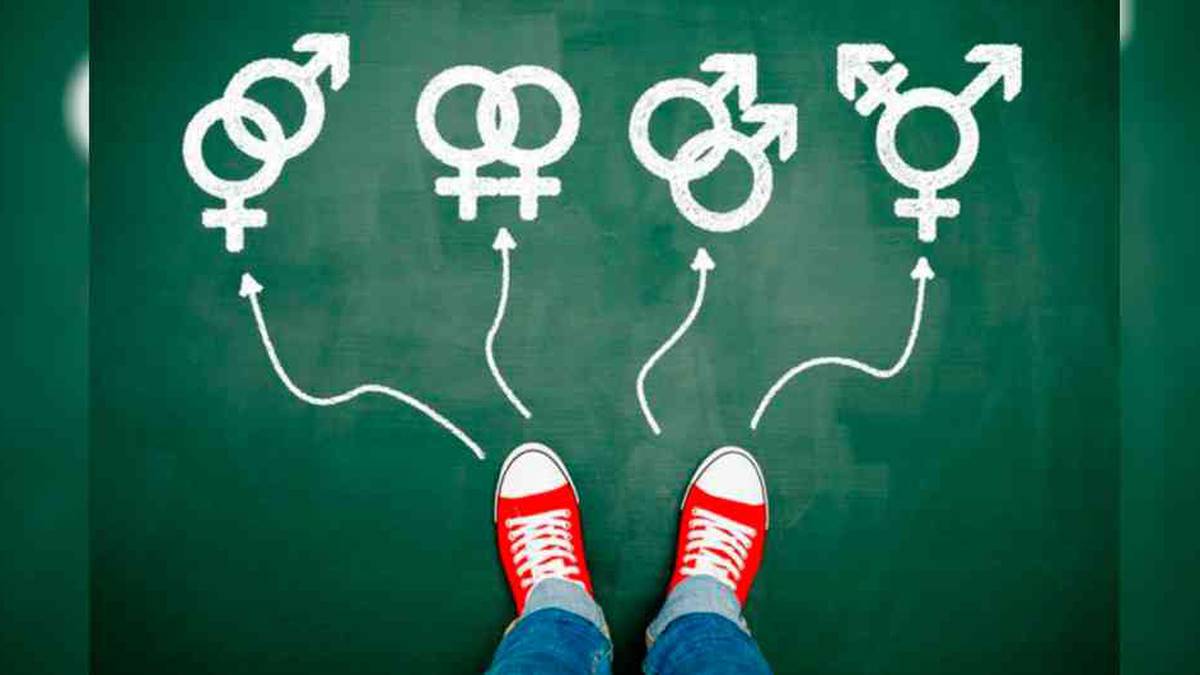
At present, a great job is being done to achieve equality in terms of respect for all people who have a sexual orientation, whatever it is. Whether they are gay, lesbian, heterosexual and bisexual, sexual orientation refers to the people we are attracted to and with whom we want to have both sex and partner relationships.
In this article we are going to tell you everything you need to know about sexual orientation and its differences.
Sexual orientation according to gender

Sexual orientation has to do with who you are attracted to and with whom you want to have a romantic, emotional and sexual relationship. It is different from gender identity. Gender identity is not related to which staff to attract and but to who you are. That is, your gender identity is whether you are male or female. Sexual orientation is who attracts you. This means that being transgender is feeling that your assigned sex is very different from the gender you identify with. Being gay, lesbian or bisexual is not the same as feeling like a woman being born a man.
Sexual orientation has to do with who you want to be with, while gender identity has to do with who you are.
Types of sexual orientation

Let's see what are the different types of identity related to sexual orientation:
- All those people who are attracted to a different gender are considered heterosexual. For example, if it is a woman and you are attracted to a man, you are a heterosexual woman.
- People who are attracted to people of the same gender are often seen as homosexual. To women who are attracted to other women are known by the name of lesbians, while men who are attracted to other men are known by the name of gay.
- People who are attracted to both men and women call themselves bisexual.
- We also have those who are attracted to the different possibilities of gender identity, be it male, female, intergender, transgender, intersex, among others and they can be called as pansexuals.
- Those people who are not completely sure of their sexual orientation can be told that they are in doubt because they are curious people.
- Finally, we also have those who do not feel any type of sexual attraction to anyone and are known as asexual.
It is important to note that there are many people who do not feel identified or represented by any of these labels. And there are people who they do not consider that they should be included in a label or in any specific group. Others are comfortable with some type of labels but not others. After all, it is each person who decides with what label it should be described or if it should not be described.
What is asexuality and the term queer

This term is adapted to Spanish as cuir and is translated as weird. It can include various sexual and gender identities other than heterosexual and cisgender. In the past this term was used as an insult or offense, although today it is still offensive to some people. Especially for those who remember that that word was used to hurt without good intentions. Others use this word proudly to identify themselves.
If you are going to refer to a person, do not use the term queer or its equivalents at least if you know that that person identifies with that term and does not mind. When talking about someone and their sexual orientation, it is best to use the terms that person uses. In this way, we guarantee that we will not insult or offend said person. What is well seen is that the person is asked first what type of denomination he prefers.
As for asexuality, they are those who are not really attracted to anyone. They may consider a person's physique to be attractive or may wish to have romantic relationships, but are not interested in having sex or engaging in sexual practices with other people. Asexual people claim that asexuality has nothing to do with the existence of a partner. And there are numerous relationships whose members they are romantically attracted to each other but have no interest in having sex with each other.
This group of people can be identified as gay, lesbian, bisexual or heterosexual since they do not feel the desire to act on those feelings in a sexual way but in a romantic way. He usually understands to have emotional needs just like the rest. Therefore, they have romantic relationships but are not interested in sex. Their way of approaching others or being intimate is not through sex.
There are other people who are not attracted to love or who They do not want to have a romantic relationship and they are those known as arromantic. It should be borne in mind that some asexual people may have attraction or desire to have sexual activities with others and masturbate. On the other hand, we have those who do not feel the slightest excitement. It is very normal for anyone to go through periods when they do not want to have sex, but it does not necessarily mean that you had to be asexual. In addition, it must also be borne in mind that being a sexual person is not the same as being celibate. Celibacy is a decision that people can make and it has nothing to do with who you naturally are.
We must also count on asexuality it does not always have to be defined in terms of all or nothing rather, there is a complete spectrum that ranges from being a person who experiences sexual intercourse in front of others to being a person who has no sexual interest in another person. For this type of people there is nothing that works badly but there is a tendency not to want sex. There is some research that shows that 1 in 100 people are asexual.
I hope that with this information you can learn more about sexual orientation and its characteristics.